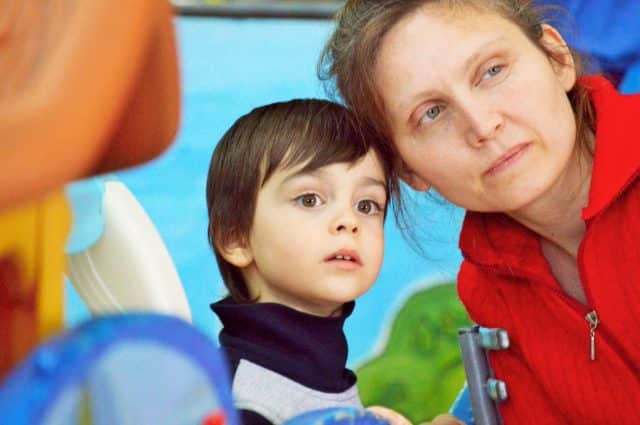Altogether Autism is aware of the current debate on the use of seclusion for autistic students.
We welcome the enquiry from the Chief Ombudsman Judge Peter Boshier and the endorsement of this enquiry by the Disability Rights Commissioner.
Trish Grant, IHC director of advocacy, while condemning the practice as something from the ‘dark ages’, also acknowledges the use of seclusion is sometimes due to teachers and parents not knowing what else to do.
In October 2015, we invited parents and professionals to contribute to our submission to the Education and Science select committee inquiry into the identification and support for students with dyslexia, dyspraxia and autism at New Zealand primary and secondary schools.
Most teaching professionals who contributed to this submission had not had any specialist training for working with students with autism, and reported relying on personal experience and on-the-job learning. If teachers are not being trained with positive strategies to encourage appropriate behaviour, seclusion may be used out of desperation.
There are many issues involved in the current debate on the use of seclusion which will hopefully be clarified by the Chief Ombudsman’s enquiry.
Our autistic community has highlighted an important issue about language and terminology. It is really important that there is clarity regarding what we mean by the terms we use. For example, the term ‘seclusion’ may describe a form of torture (although this would not be the intention in its use with students with autism).
The term ‘time-out’ which has also been discussed in the context of the current debate, is commonly used to describe a form of punishment (something that is intended to reduce or stop the behaviour which occurred immediately before it).
Rather than seclusion or time-out, our autistic community suggest the use of the term ‘respite’. The child could have ‘respite’ from a classroom in a comfortable, safe, low sensory room so the child has time to calm themselves. They may be prompted to go to this respite space if their behaviour is escalating, or be able to choose to go to such a room themselves if they feel they need a break from the classroom.
Language is powerful.
‘Respite’ implies a place of safety for the child, rather than punishment by ‘seclusion’ or ‘time-out’.
Our position
Altogether Autism does not support the use of seclusion, where a person is placed in isolation in a room or area from where they cannot voluntarily exit. Seclusion is a violation of human rights and may result in damage to a person’s wellbeing. The New Zealand Bill of Rights Act (1990) protects the right not to be subjected to torture and right not to be arbitrarily detained. The Convention on the Rights of the Child directs that discipline in schools should respect students’ dignity and that governments have a responsibility to ensure that schools eliminate any discipline practices involving physical or mental violence, abuse or neglect.
Altogether Autism supports the planned use of respite. Respite is the removal of a person to a safe place with minimal sensory stimulation (such as loud noise and bright lights) for a specific short period of time. Removal to the respite area should be done by verbal prompts or gentle guidance. Respite is not a punishment and should be in a place that is comfortable and familiar to the person, with a supervising adult nearby. Used correctly, respite can be effective for more extreme behaviour at home and at school. The use of respite at school should be part of a comprehensive behaviour plan, formed in collaboration with the student’s family/whānau, and in consultation with a behaviour specialist.
This position has been developed on 3 November 2016 by Altogether Autism national manager Catherine Trezona in consultation with clinical psychologist Jenny Gibbs, Paula Jessop, Consumer Reference Group member and autism advocate, and Nan Jensen, Professional Expert Group member and solicitor.



